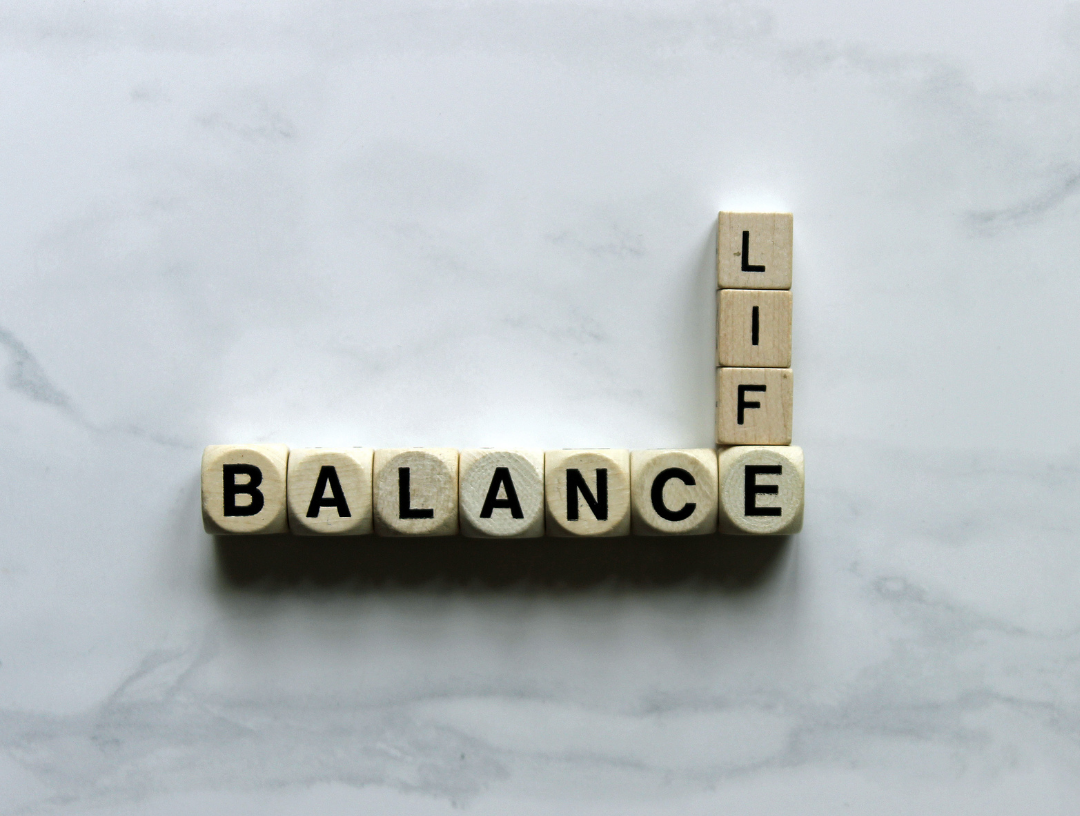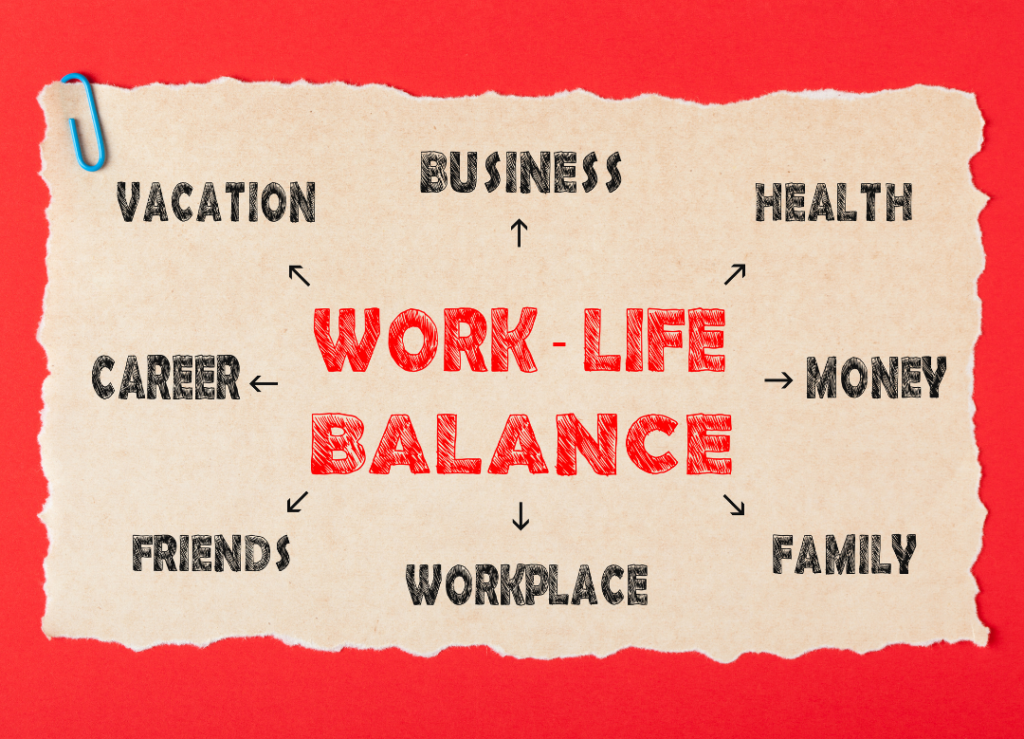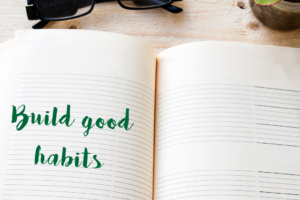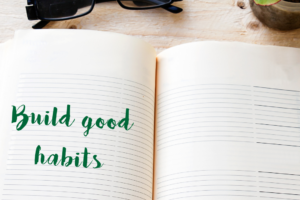
Your 2022 Transition to Life Balance Begins Here- How to Change Your Life With These 5 Tactics
Have cheesy socks? Like polka music? Enjoy brain teasers? Great, because January is Cheesy Sock, Polka Music, and Brain Teaser Month, among other holidays!
But I’m not going to talk about any of those festivities.
That’s because January is also Get a Balanced Life Month.
Life balance has been a buzz phrase for a while.
The issue is that the word “balance” suggests equal proportions. Just think of a teeter-totter. It’s not very fun if one person is much lighter than the other.
Consider the expression, “That’s like comparing apples-to-oranges.” This phrase infers an inequality.
So when people think of having “life balance,” there’s an implication that various parts of your personal and professional life are equal.
As you’ve probably discovered, this is virtually impossible.
Don’t despair! The solution is to pursue quality of life.
Why?
Because what makes life meaningful can change over time and you can adjust accordingly. For instance, there may be times when you put lots of time into developing a significant relationship, while other parts of your life take a backseat. Or professional pursuits may be more important, for a period of time, than your hobbies.
Then, when something changes in your life, you readjust your priorities.
I want to clearly state that I’m not talking about an “all-or-nothing” situation. The goal is to be healthy in mind, body, and spirit. What helps you feel whole is what may change.

Before I started my business, I had a pretty good quality of life. In addition to my job, I enjoyed cooking, took vacations, exercised, and attended social gatherings.
When I started my business in 2002, my career took center stage to the exclusion of many other things. While I did a few activities for pleasure, most of my time was consumed by work. I knew it had gotten really bad when my depression was the worst it had ever been in the spring of 2019.
While I implemented some short-term remedies, it wasn’t until the spring of 2020 that I really started re-prioritizing my well-being.
Yes, I know this coincides with the beginning of the pandemic.? Yet the forced slow-down of obligations gave me a chance to start walking on a regular basis. What a difference this made to my physical health and my mental state! Then I started looking for other changes I could make to give me a better quality of life.
I would be lying if I said that everything is great everyday. It’s a work-in-progress, as I suspect it always will be. However, the pandemic jump-started my pursuit of a better quality of life.
Here are five “power tactics” that helped me get closer to a better quality of life:
Decide your intention(s). (#BeOnPurpose) Do a little self-reflection on what “quality of life” means to you. What does it look like? What does it feel like?
I’m talking about right now, not 10 years from now. Remember, this will change over time!
Develop awareness. Awareness means to be informed, knowledgeable, and cognizant.
When you want to make a meaningful improvement in your life, you’re really talking about developing meaningful habits. The best way to change routines is to be aware of what is and isn’t working for you right now.
For instance, if you want to stop working at a more reasonable hour, select when you want to quit working and set a timer for that hour. Also set timers for one and two hours later. If you walk away from work when the first time sounds, that’s awesome! Give yourself a treat!
Instead, if you think, “There’s no way I can stop now!“, consider why not. Here are a few reasons:
- in the middle of a task that has a deadline
- haven’t started an assignment due tomorrow
- in a meeting
- the boss is still at work and you don’t want to leave before your boss
- “traffic will be bad” if you depart at this moment
- you don’t want to leave
If you leave in one hour, when the timer sounds again, that’s awesome! Give yourself a pat on the back. If you don’t leave, consider the reason(s).
Do the same at the end of the next hour.
The explanations you use for staying at work will help you make changes so you can leave at a more reasonable hour.

Establish non-negotiables. You already have assignments and activities that you’ve decided you absolutely must complete. It could be obligations to others: monthly dinner with your adult children, attending specific types of events, etc. It may be certain duties in your professional life. It might be related to your physical or mental health: a daily mindfulness practice, cardio three times a week, monthly massage, etc.
There may be other non-negotiables that you want to add to your current list. And it’s even possible that some of the existing ones no longer fall into this category.
What we all periodically forget is that if non-negotiables are defined, then everything else is negotiable. The word “no” is quite useful. As are the skills of delegating, deferring, or dropping a task. You have options, even if you don’t like them.
Set real boundaries. The idea of establishing limits can be a little hard and scary. Yet it is a crucial tactic in your pursuit of a good quality of life.
Parameters with your time and calendar can be created in your personal and professional life. You can decide not to attend certain events or not be involved in specific activities. You can determine that you’ll participate in some endeavors, but limit the amount of time.
Quotas can also be put on your stuff. For instance, clothes are permitted in the closet and dresser in your room. Dry goods must be contained in cabinets or a pantry. Only the number of books that fit into your bookcases can be kept.
It’s easier to make decisions when you have fewer choices. You save time when you can easily locate items you need. You save money when you don’t repurchase possessions you have but can’t find.
Implement a consistent anchoring practice. Anchoring is one of my five essential Beacon Habits.
Think of anchoring as a way to stay centered or grounded regardless of what’s happening in your life. Examples of regular practices include mindfulness, prayer, and meditation.
You probably know some of the consequences when you don’t maintain a good quality of life. These include but aren’t limited to: fatigue, physical illness, grouchiness, difficulty sleeping, lack of quality time with others, and impatience.
Think of the problems you’ll continue to have if you don’t address your well-being. Now is the time to take action!
Which of the five tactics are most difficult for you: deciding intentions, developing awareness, establishing non-negotiables, setting boundaries, or implementing an anchoring practice?
Let me know below and I’ll respond with an idea or two.



